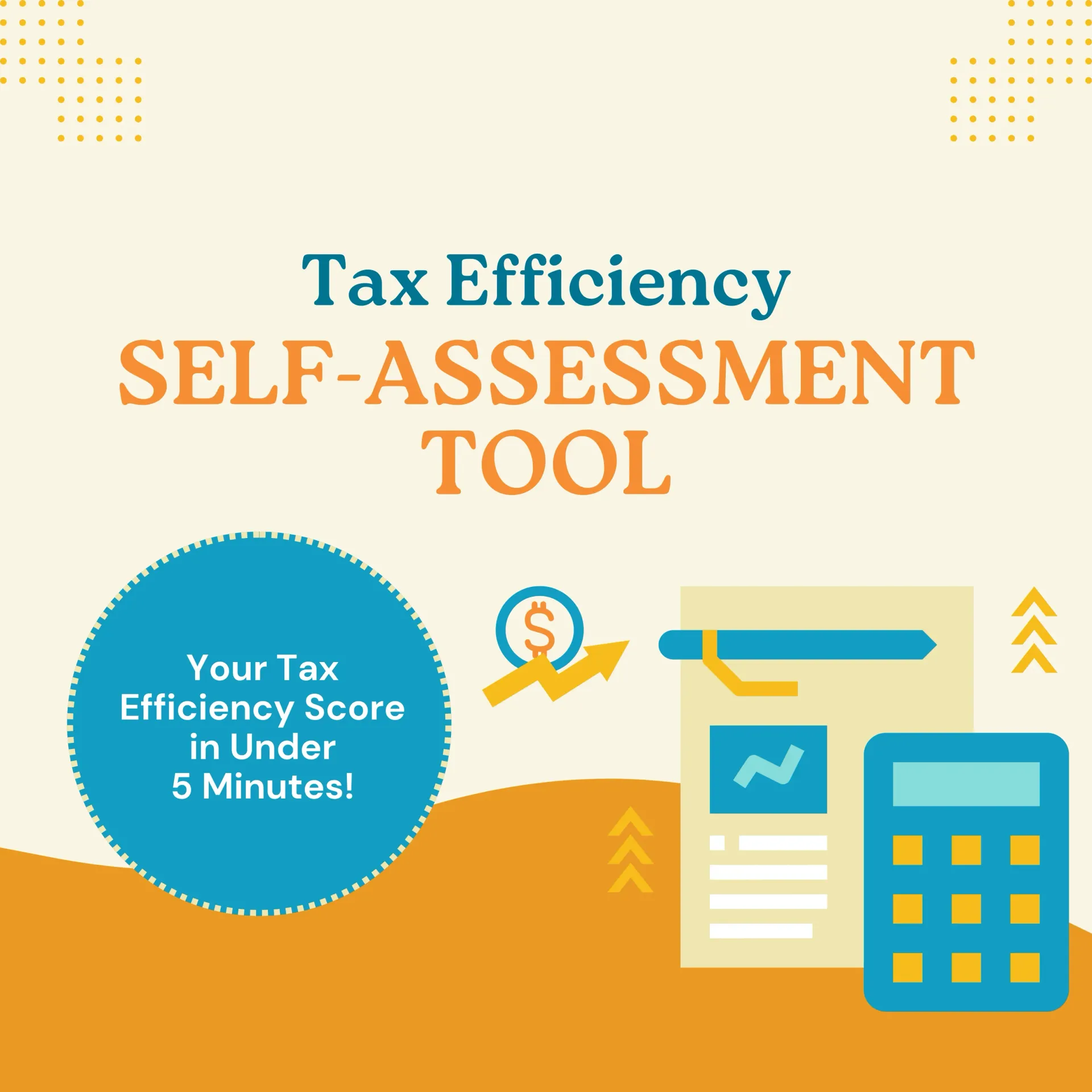The Essentials of Nonprofit Tax Compliance: What You Need to Know

Understanding Nonprofit Tax Compliance
Alright, let's dive into the world of nonprofit tax compliance. It might sound like a snooze fest, but trust me, it's crucial for keeping your organization running smoothly. As a nonprofit, you've got a whole slew of obligations to juggle, from filing annual tax returns to keeping your financial records in tip-top shape. And let's not forget about those pesky IRS regulations!
I remember when I first started working in the nonprofit sector. I was like, "Tax compliance? Isn't that just for the big shots?" Boy, was I wrong! Neglecting these responsibilities can land you in some serious hot water. We're talking penalties, losing your tax-exempt status, and a reputation that's more tarnished than a rusty old tin can. Trust me, I've seen it happen, and it's not pretty.
Form 990: The Backbone of Nonprofit Tax Reporting
Now, let's talk about the big kahuna of nonprofit tax compliance: Form 990. This bad boy is like the tell-all book of your organization's financial life. It's not just about the numbers; it's about laying everything out there for the IRS and the public to see.
I once had a donor come up to me and say, "I read your Form 990, and I gotta say, I'm impressed!" That's when I realized how important transparency is. People want to know that their hard-earned cash is being used for good, and Form 990 is your chance to show them that you're walking the walk.
Unveiling Tax Obligations for Nonprofits
As a nonprofit, you're playing in a different ballpark than those for-profit folks. You've got your own set of tax obligations, and it's crucial to wrap your head around them. We're talking income tax exemptions, reporting requirements, and sticking to the rules that come with your tax-exempt status.
But wait, there's more! You've also got state and local tax laws to contend with, and let me tell you, they can be a real patchwork quilt. What flies in one state might get you in trouble in another. It's like trying to navigate a maze blindfolded. But hey, that's why we're here to help you out!
Maintaining Tax-Exempt Status: A Strategic Imperative
Getting that coveted tax-exempt status is like winning the nonprofit lottery, but it's not a "set it and forget it" kind of deal. You've gotta work to keep it. That means following IRS regulations to the letter, turning in your homework (a.k.a. reporting obligations) on time, and sticking to activities that won't raise any eyebrows.
Take the Boy Scouts of America, for example. A few years back, they hit some rough waters financially and had to file for bankruptcy protection. But you know what they didn't let slide? Their tax-exempt status. They knew how important it was for keeping donors on board and continuing their mission of shaping young minds.
Reporting Requirements Demystified: Form 990 Overview
Form 990 isn't just another piece of paperwork; it's your organization's memoir. It's got everything from your program highlights to how much the head honcho gets paid. And let me tell you, accuracy is key. One little slip-up, and you might find yourself in the IRS's crosshairs.
I remember one time, we were scrambling to get our Form 990 in order, and we realized we had a few numbers that didn't quite add up. Talk about a heart-stopping moment! We had to do some serious double-checking to make sure everything was on the up and up. Trust me, you don't want to be on the receiving end of an IRS inquiry.
Navigating Complexities: Common Challenges in Nonprofit Tax Compliance
Nonprofit tax compliance can feel like trying to solve a Rubik's cube while riding a unicycle. You've got IRS regulations that read like a foreign language, financial reporting that needs to be spot-on, and a whole host of other challenges to keep you on your toes.
One time, we were planning a big fundraising event, and we realized we weren't quite sure if the money we were bringing in was taxable. Talk about a panic moment! We had to bring in the big guns (a.k.a. tax professionals) to help us sort it out. The lesson? Don't be afraid to ask for help when you're in over your head.
Strategies for Streamlining Nonprofit Tax Compliance
Let's face it, dealing with tax compliance can feel like a full-time job on top of your actual full-time job. But there are ways to make it a little less painful. Streamlining your processes, hopping on the technology bandwagon, and calling in the pros can make a world of difference.
At our organization, we started using this nifty accounting software that practically does the heavy lifting for us. It's like having a superhero sidekick for financial reporting. And when tax season rolls around, we bring in the experts to make sure everything is buttoned up tight. It's a small investment that pays off big time in peace of mind.
Compliance Beyond Borders: State and Local Considerations
Just when you thought you had a handle on federal tax compliance, in come the state and local requirements to keep you on your toes. It's like playing a game of whack-a-mole, trying to keep up with all the different rules and regulations.
If your nonprofit is a bit of a globetrotter, operating in multiple states, you've got even more hoops to jump through. Each state has its own set of registration and reporting requirements, and if you don't dot your i's and cross your t's, you could be in for a world of hurt. Fines, legal troubles, and a revoked tax-exempt status are not the kind of souvenirs you want to bring home from your travels.
The Role of Governance: Ensuring Compliance and Accountability
Now, I know what you might be thinking: "Governance? Isn't that just a fancy word for more meetings?" But hear me out. Having a solid governance structure is like having a superhero team watching your back. It's all about oversight, ethics, and keeping everything above board.
Your board members are like the guardians of your nonprofit's integrity. They're the ones making sure your financial ducks are in a row and that your Form 990 is squeaky clean. And let me tell you, when your board is on top of their game, it shows. Donors, stakeholders, and the public can smell accountability from a mile away, and it's a scent they can't resist.
Conclusion: Empowering Nonprofits Through Tax Compliance
Alright, I know we've thrown a lot of information at you, and it might feel like your head is spinning faster than a top. But here's the thing: tax compliance doesn't have to be a nonprofit's kryptonite. With the right know-how and a solid plan of attack, you can conquer this beast and keep your organization thriving.
At the end of the day, nonprofit tax compliance is about more than just dotting your i's and crossing your t's. It's about earning the trust and respect of the folks who matter most: your donors, the people you serve, and the wider community. When you make compliance a priority, you're not just protecting your organization; you're showing the world that you're in it for the right reasons.
So take a deep breath, roll up your sleeves, and dive into the wild world of
nonprofit tax compliance. It might not be the most glamorous part of the job, but it's the foundation that keeps your organization standing tall. And who knows? You might just find a strange sense of satisfaction in knowing that you're playing by the rules and making a difference, one tax form at a time.
Discover Your Tax Savings Score in Minutes!


Salim is a straight-talking CPA with 30+ years of entrepreneurial and accounting experience. His professional background includes experience as a former Chief Financial Officer and, for the last twenty-five years, as a serial 7-Figure entrepreneur.




